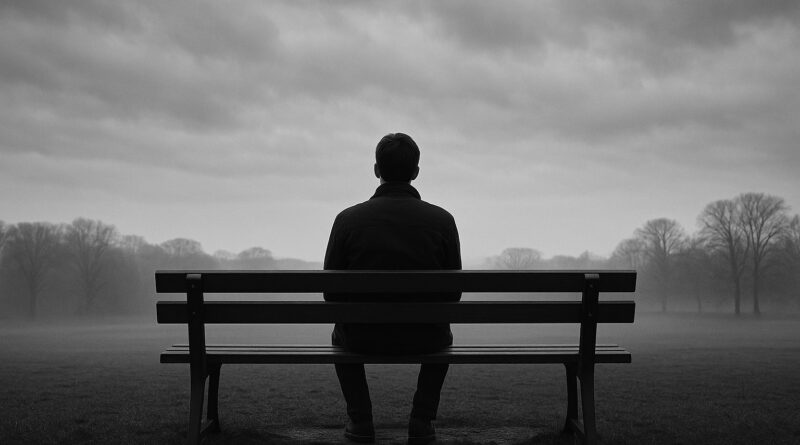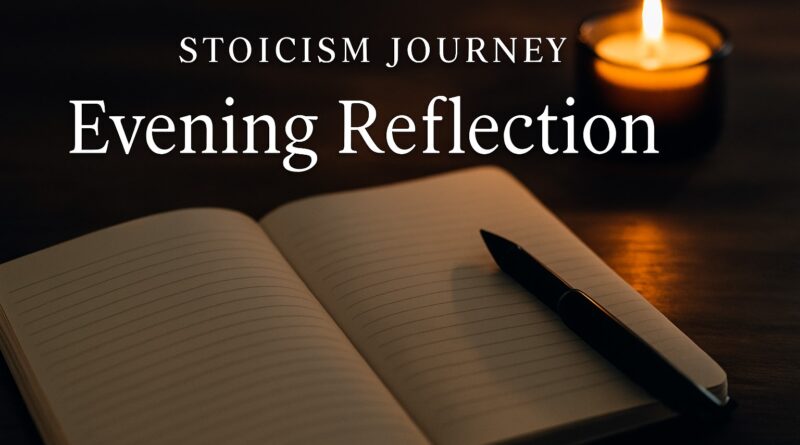How to Begin the Stoic Practices
Most people imagine Stoic practice as a long list of habits they should somehow manage to fit into an already crowded day. The truth is simpler. Most practices don’t begin with a grand plan. They begin the way mine did. A quiet morning walk becomes a morning reflection. A hard season pulls you into sympatheia. Three lines in a notebook settle into evening contemplation. The practices grow inside an ordinary life. They do not sit on top of it.
This closing essay is an invitation to begin without pressure. You don’t need every practice. You don’t need hours of silence. You only need one small place to start. A moment of attention in a day that is already unfolding. If you want to build a steadier inner life without turning Stoicism into homework, this is the place to step in.
Read more





